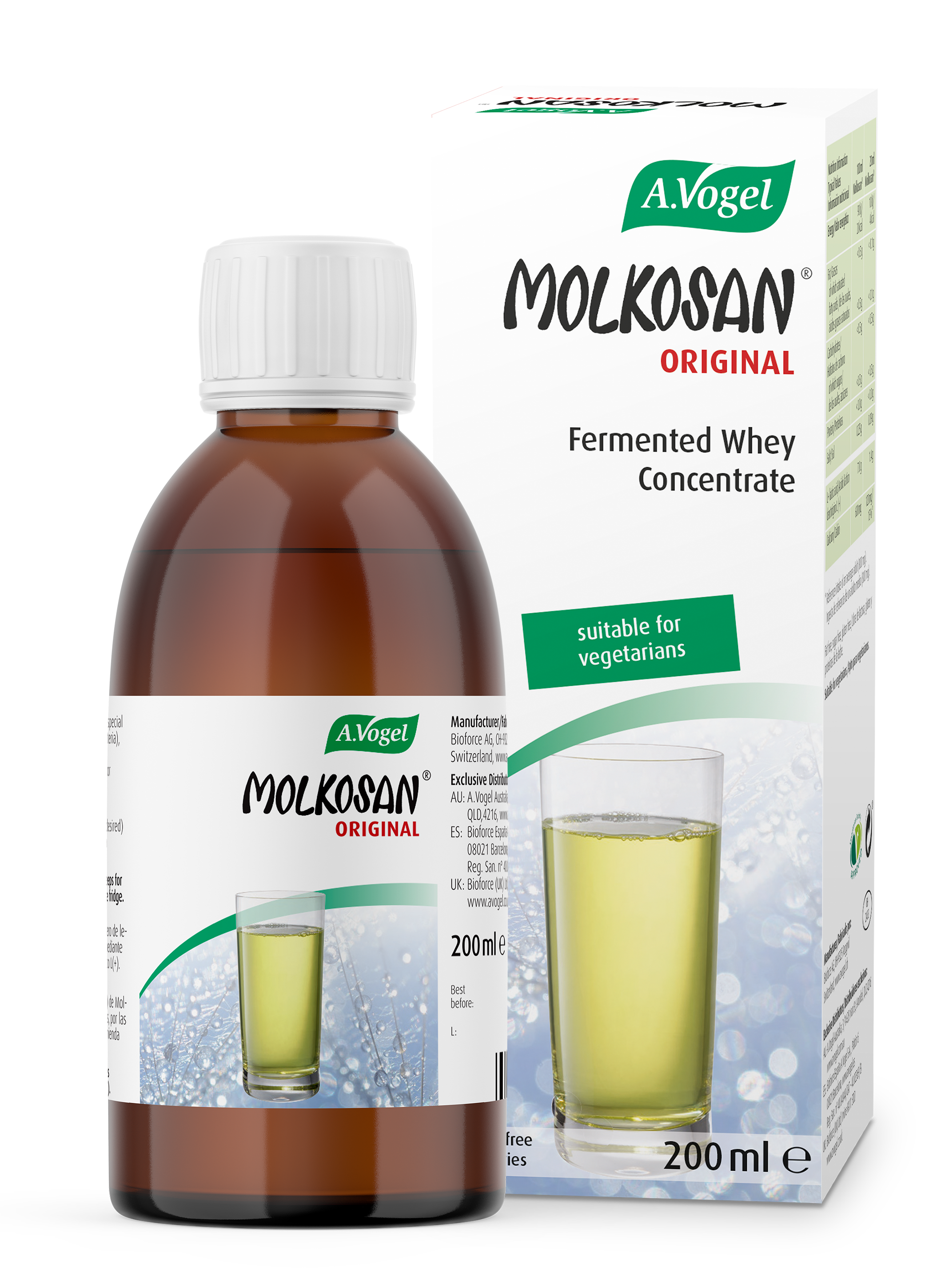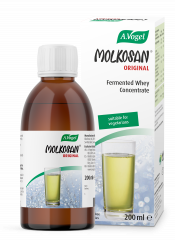1. Nausea
Nausea is one of the most commonly reported PMS symptoms and, understandably, it can be quite debilitating. So what can be contributing to nausea? Well, unfortunately, changing hormones can in many cases make you feel a bit queasy, so in the days before your period is due, you might notice the symptoms crop up then.
However, the other potential contributing factor is pressure on your liver. Taking a number of medications, poor diet or constipation can all easily put pressure on this important organ, so this is also an area to consider.
What can be done to help?
If you experience the sickly symptoms at the same time each month and you suspect hormones are at the root of the cause, then it’s time to talk to your doctor. They could try changing the type of pill that you’re on and therefore the balance of hormones you’re receiving each month, which could potentially influence your symptoms. If you suspect that some digestive support could do the trick instead, try taking our Milk Thistle Complex, 3 times daily for at least a month or two.
2. Spotting
Whilst the pill generally works to give us a more regular cycle, taking the mini pill or running packs of the combined pill together could result in spotting. The mini pill is progesterone-based which means generally we don’t get periods at all whilst taking it, but for some women, this balance of hormones doesn’t suit them so well, and they can end up experiencing ‘breakthrough bleeding’ or spotting.
When it comes to running pill packs together with the combined pill, although this is fine to do, as a steady dose of oestrogen continually thickens the lining of your womb, you might find after a few months your experience some spotting. The other scenario is that when you finally have your period during your week off the pill, your symptoms are more pronounced with slightly heavier or more painful periods making an appearance.
What can be done to help?
If you’re experiencing spotting or heavier bleeding then you could be at risk of anaemia. Watch out for any tell-tale symptoms including fatigue, dizziness, cramps or pale skin and, if you suspect you’re at risk, consider chatting to your doctor or trying a gentle iron tonic.
3. Bloating

As we have oestrogen receptors all over our bodies, depending on which pill you’re on, you may notice some digestive symptoms cropping up whilst taking it. The combined pill with a source of oestrogen may help to keep things more regular for the majority of the month, whilst you might notice things starting to slow up in the week leading up to your period.
Then, when it comes to the mini pill, things may be slower more generally. Lower oestrogen levels can risk contributing to symptoms including constipation and bloating (hence why these symptoms are often so common in the lead up to the menopause).
What can be done to help?
Whilst it’s important to chat to your doctor regarding the possible influence of hormones if digestive symptoms are getting you down, in the meantime, you can offer your digestive tract some extra support.
Try Molkosan which helps to encourage the growth of good gut bacteria and the proper metabolism of sugars and starches from your diet.
A.Vogel Molkosan Original | Contains Concentrated Whey | L+ Lactic Acid | Suitable for Vegetarians
£7.99 (200ml) In Stock Get it tomorrow, 4th July.
4. Headaches
If headaches trouble you, pay close attention to when they are cropping up; the same time each month could suggest that hormones have something to do with it. If this is the case, have a chat with your doctor to explore what other options you might have – combined pills can often be notorious for contributing to headaches and even swapping to a low-dose oestrogen pill could do the trick for you.
What can be done to help?
Whilst herbs such as Agnus castus that influence our hormones aren’t suitable while on the pill, some extra nutrient support could help instead to keep niggling headaches at bay.
Magnesium is my top pick (plus, taking medication is more likely to put us at risk of magnesium deficiency!) so try taking 200-400mg daily and opt for liquid or powder formulas over pills to help support better absorption.
5. Mood swings
Mood swings are another common PMS symptom and, if they trouble you often, it could suggest your hormones are a little out of balance.
Whilst to some extent it’s natural for us ladies to feel a little moody at certain times of the month, (people are asking for it though – right?), if there’s a more definite hormone imbalance at play, then these moods could start to get the better of us and risk affecting our relationships.
What can be done to help? 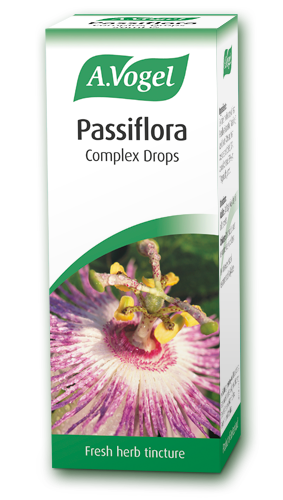
If the pill you’re currently on doesn’t seem to be agreeing with you and your mood swings are affecting you more than you’ve ever noticed before, a chat with the doctor to help identify the underlying, most likely hormonal, cause is the way to go.
In the meantime, topping up your magnesium levels can help to restore some calm, as can taking a herbal remedy such as Passiflora daily. This also won’t risk interacting with the pill so is a suitable option for those taking hormonal contraceptives.
6. Decreased sex drive

Hormones are responsible for a number of bodily functions, including supporting our libido. So, if you suddenly feel your sex drive has taken a nose dive, this would be worth discussing with your doctor. Changing the type of pill you’re on could do the trick and, if not, there are some options out there for you.
What can be done to help?
Talk about it! Talking to a close friend or seeking further advice from a professional is often helpful when it comes to low libido in case the problem is deeper rooted – psychological influences may also be at play so it’s good to open up if the problem is persistent!
Next, you might also want to consider if dryness could be playing a part. Dryness down below can be common if oestrogen levels are lower (more common in the lead up to the menopause or as a result of progesterone-based hormonal contraceptive methods such as the mini pill or implant). If this is the case, a natural lubricant or an internal dose of some omega-7 sea buckthorn oil could help to turn things around for you.
7. Weight gain
Is weight gain as a result of the pill a myth or reality? You can read more about this in one of my recent blogs where I explore this question more specifically. Whilst the research suggests that it might not be so much of a direct effect of taking the pill, there could be some other factors at play that could also be having an influence.
What can be done to help? 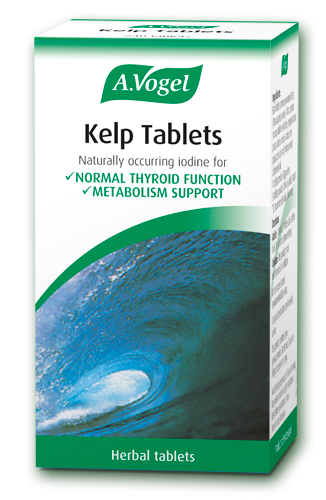
Unfortunately, there’s currently no magic pill when it comes to weight loss and combining a number of helpful diet, lifestyle and supplement habits seem to be the best approach.
Eating fresh is my first tip as processed foods often contain hidden nasties which are more likely to wreak havoc with your hormones.
Next, get in the habit of moving more. Sedentary lifestyles are thought to be a major contributing factor when it comes to increasing weight gain.
Finally, in terms of supplements, kelp can be a useful addition to your regime. Kelp is naturally rich in iodine (vegan or dairy-free advocates may be more at risk of deficiency) which helps support your thyroid gland and, in turn, your metabolism. Our metabolism naturally slows down as we get older, so supporting this important gland can help protect against any more major irregularities. Help to avoid those sluggish vibes!
8. UTIs
Did you know that the pill could potentially make us more susceptible to UTIs too? Once again, the balance of oestrogen, in particular, can affect the structure and integrity of the delicate mucous membranes lining our urinary tract, and potentially make you more susceptible to infections. 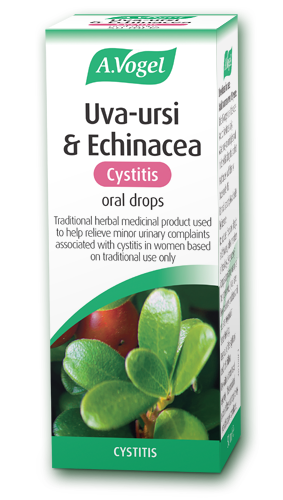
If your symptoms tend to crop up at the same time each month, it’s more likely to be linked to hormones and could be worth chatting over with your doctor.
What can be done to help?
Whilst getting to the root of the cause is important if you suffer from recurrent UTIs, our Uva-ursi & Echinacea Complex can be taken at the first sign of infection, for up to a period of six weeks if need be, to help get the uncomfortable symptoms under control.
9. Acne

Finally, skin complaints can be a common problem for women and not only for teenagers. Whilst in some cases the pill can help to calm skin problems (as it’s able to provide a more steady dose of hormones), skin complaints can still crop up whilst you’re on the pill. If this is the case, it could suggest the balance of hormones it contains aren’t quite suiting you.
Generally, progesterone dom
Whilst a little trial and error with the balance of hormones that your pill provides might be helpful when it comes to your skin (under the guidance of your doctor of course), there are some other areas to consider when it comes to supporting that glowing complexion.
Firstly, dietary sugar is an important consideration. Sugar is generally pro-inflammatory in the body but can also create havoc with your blood sugar levels and, ultimately, other hormones in your body. Next, digestive power is another area to explore. Insufficient gastric secretions and weak pancreatic functions are less well-known underlying factors which could be contributing to problem skin. Taking a herbal bitters tincture such as Yarrow, 5-10 minutes before meals, could help to support you in this area.






